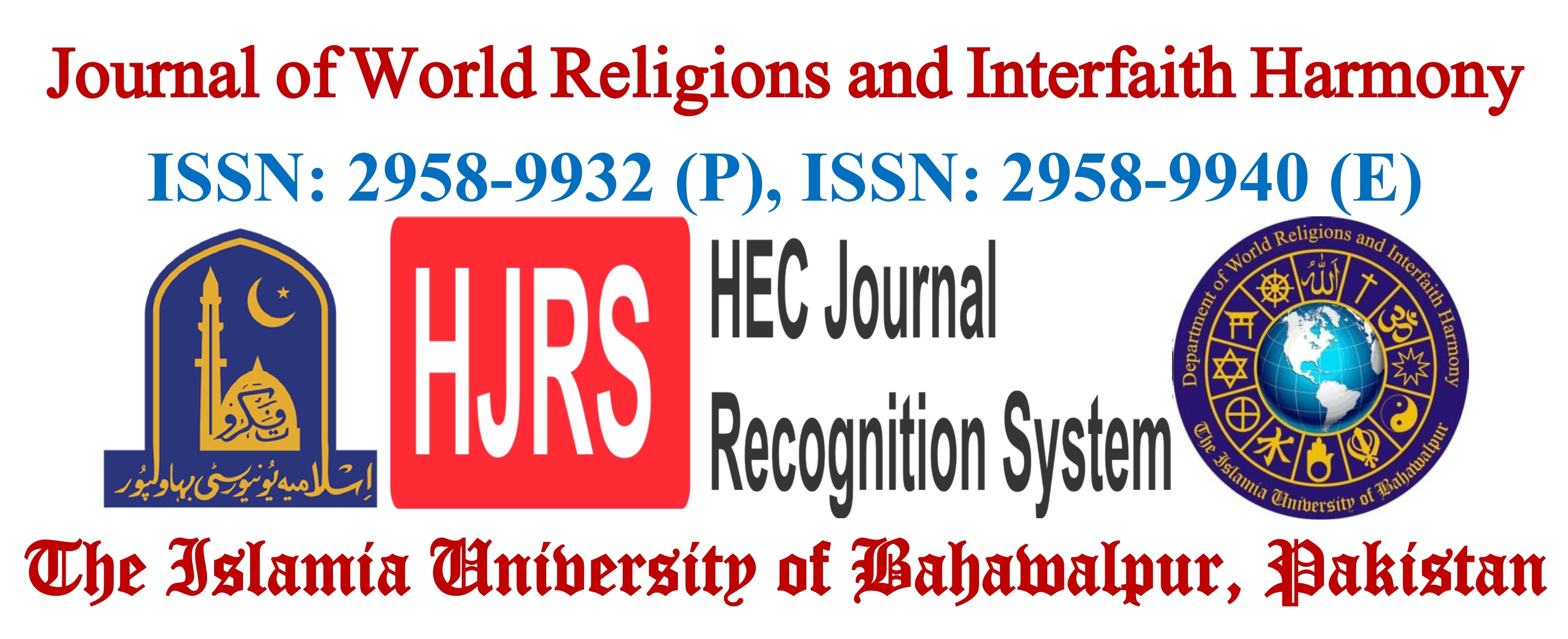The Prominence of Kinship in Valuable Society: A Thematic Study of the Prophet’s Social Life
Abstract
Human beings are inherently social creatures, designed by Allah to live in communities and form relationships. Islam recognizes the importance of familial ties and places immense emphasis on maintaining and nurturing relations with relatives. From the moment a person is born, Allah establishes certain kinship bonds that form the foundation of mutual care, support, and sacrifice. These relationships can be both consanguineous and non-consanguineous, including both maḥram and non-maḥram connections. Islamic teachings provide detailed rights and responsibilities towards relatives, including the allocation of inheritance and guidance on conflict resolution. The Holy Qur’an and Sunnah strongly condemn the act of cutting off ties with relatives (qaṭʿ al-raḥim) and warn of spiritual consequences, including deprivation from Paradise. Conversely, those who maintain kinship ties (ṣilat al-raḥim) are promised divine blessings, increased sustenance, and prolonged life.
The Prophetic model exemplifies compassion, patience, and forbearance in dealing with relatives—even those who are unjust or unkind. The Prophet Muḥammad (peace be upon him) consistently upheld family ties through acts of generosity, forgiveness, and emotional support, setting an unparalleled example for the Muslim Ummah.
This thematic study explores the Prophetic methodology in nurturing and sustaining healthy relationships with kins.It aims to highlight the social significance of familial relations in valuable society. The Prophet's interactions with his relatives demonstrate important lessons on compassion, respect, and responsibility. He (P.H.U.H) treated relatives with kindness and generosity served as a model for Muslims.
Downloads
Published
How to Cite
Issue
Section
License
Copyright (c) 2025 Dr. Muhammad Afzal

This work is licensed under a Creative Commons Attribution-NonCommercial 4.0 International License.






